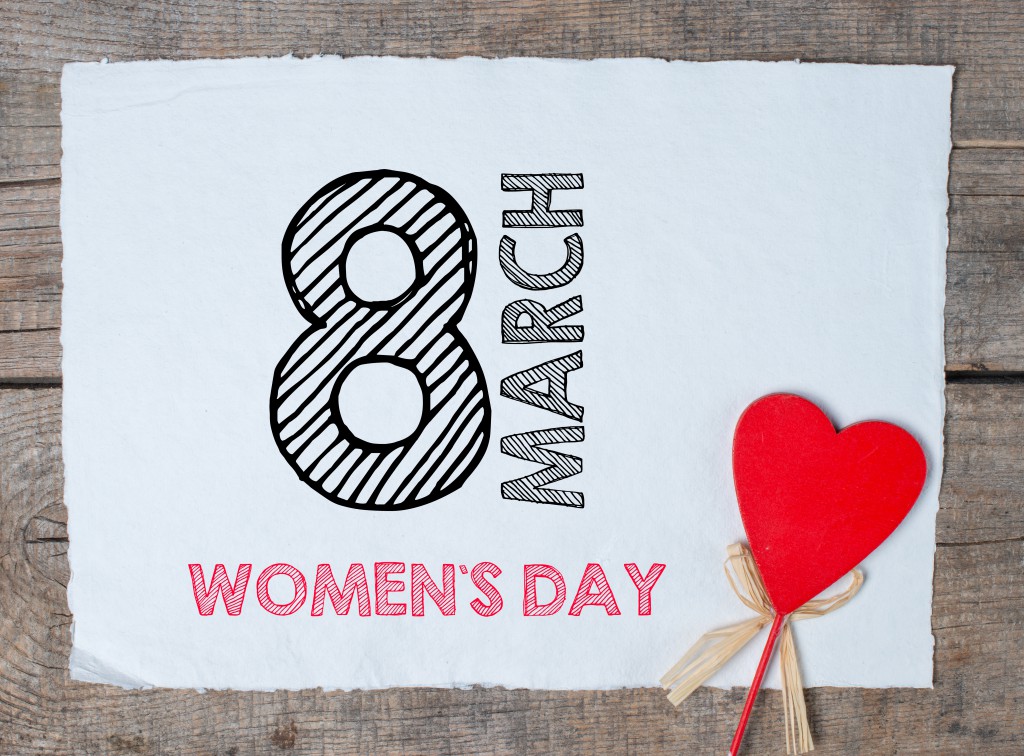Today, March 8th, is international Women’s Day. Almost eight years ago to the day I met the woman who did more to change the way I thought about tourism than possibly anyone else I have met before or since.
It was 2008, and I was researching a guide book on the best examples of responsible tourism around the world. As part of my research I had gone to visit Bulungula, a remote backpackers lodge in South Africa’s Eastern Cape set up to enable the local community to earn a living that didn’t rely on the men going off for months at a time to work in the mines.
Dave Martin, the guy who set up the lodge, didn’t want to position himself as the outside expert telling the locals what to do in their homes. Yet the village of Nqileni where the lodge was sited had never experienced any tourism before. The locals had no experience of taking some time off from work to go on holiday for a week in search a bit of R&R.
Nonetheless, Bulungula was set up on the principle that it would be the local people who would decide what they offered guests by way of experiences – Dave would simply support their efforts by using the lodge and its wider communications as a bridge between them, their ideas, and whichever backpackers made the long journey to find them.
A woman from the village told Dave she wanted to show guests what the typical day of a Xhosa woman was like. Dave put up a small poster in the central restaurant area. And one evening we saw the poster and booked the experience.
When we woke up the following morning it was pouring with rain. ”Do you think we could cancel?” I asked my wife, feeling both guilty and hopeful. “Certainly not,” she replied. “We’re here to experience what her life is like. This is it.’
And so, for the following few hours, we got a close up into the realities of being a rural Xhosa woman. We went with her down to the river, collecting firewood, balancing it on our heads and stumbling home. We fetched water. We made mud bricks for her new hut, with everyone laughing at my reaction as I discovered I was lining the brick moulds with a mixture of diluted cow dung, and would be using my bare hands to rub it around. And we sat in her thatched rondavel hut, and thanks to my wife’s fluent Afrikaans, talked with her over a cup of chicory coffee about her life and ours.
Through her collaboration with tourists, she was discovering and creating a form of tourism that she wanted to develop, on her terms. She would ask us what we thought about the various parts of her tour. She asked if we had any ideas for what she might add. Long before the likes of Airbnb made the Sharing Economy the buzzword for tourism development, this was peer-to-peer tourism being co-created in a village many miles from a phone line or computer. She wasn’t an employee. She was an entrepreneur.
It is one of the few times that my holiday experience has not been presented by someone trained in the ‘art’ of tourism. Our guide had no idea what my expectations as a tourist would be and therefore made no effort to meet them.
Instead she was naturally welcoming and hospitable to two people who were guests in her home, and were interested in her life. And she taught me something that has stayed with me ever since, something about our assumptions as well-travelled tourists, and their impact on how we see the world.
For, once the rain had ceased, we sat outside on the grassy cliff top and took in the incredible sight that stretched out across the estuary and empty white sands to the sea beyond. I told her how beautiful I thought the view was. “I wouldn’t know,” she replied.”I’ve never seen anywhere else”.
